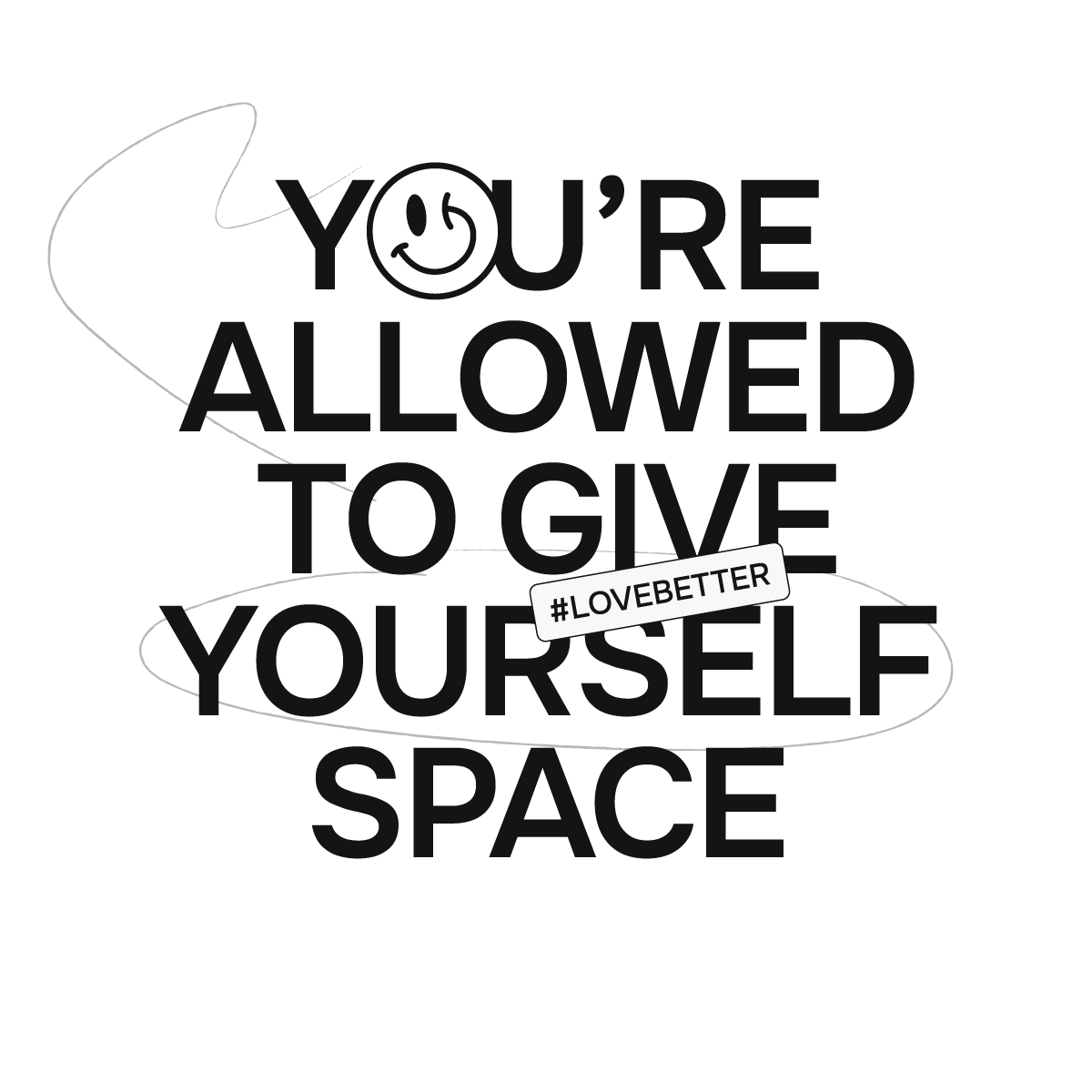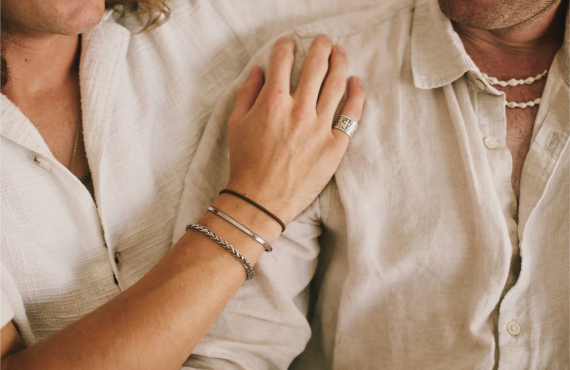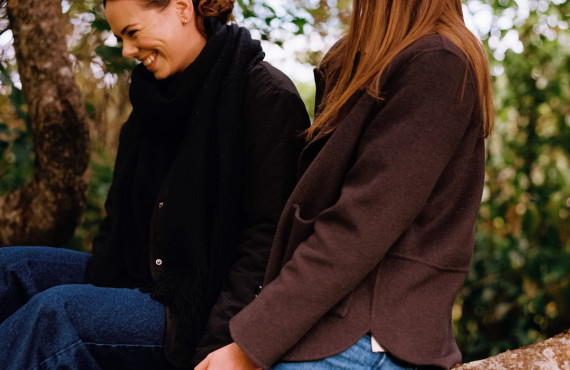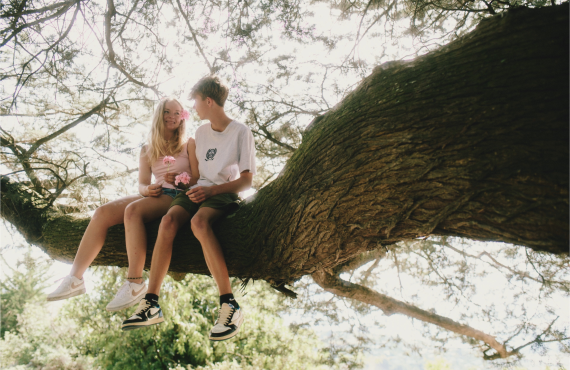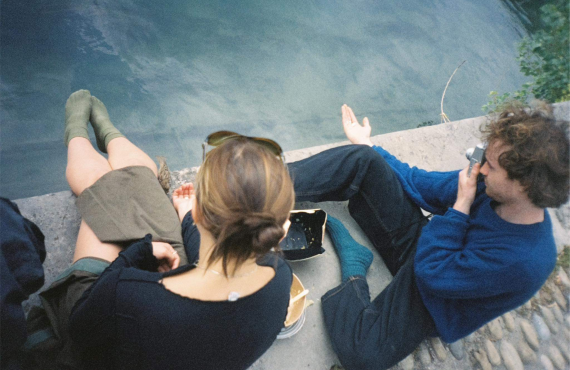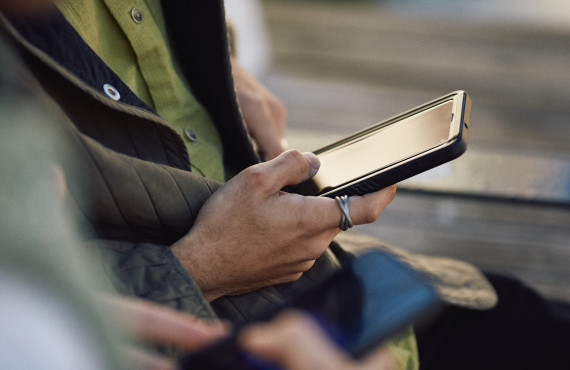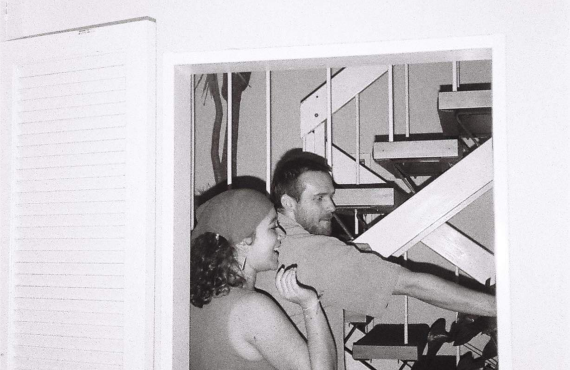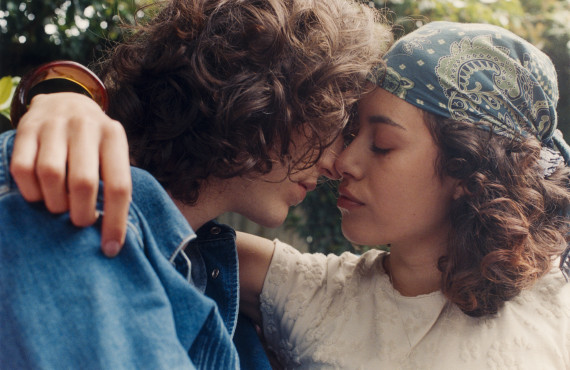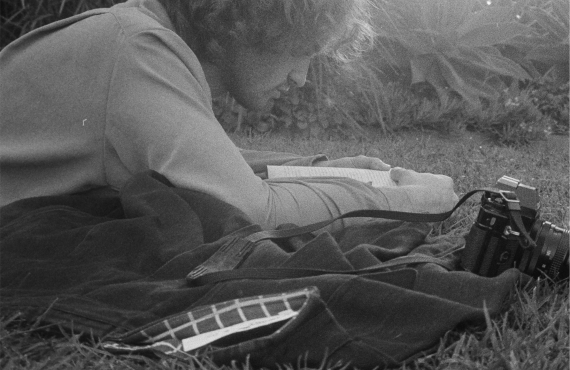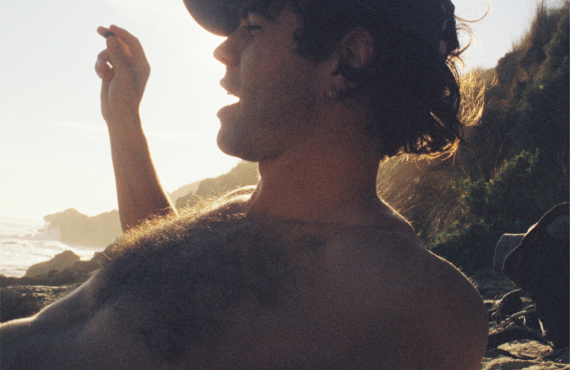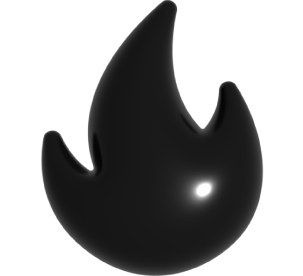Dating and colourism in the Asian community
By Sreymuch Soth
Dating is fun and exciting and can be an excellent experience for navigating and building our identities. The anxiety, butterflies, and nervousness that come with dating are part of the thrilling journey as we put ourselves out there. However, for young migrants, navigating dating can be tricky as it uncovers internal and complicated ideologies passed down through generations within our communities.
It may not surprise you (as it did me) that being part of an ethnic community means that who you date and where they come from can draw comments, which are not always positive.
Growing up as the daughter of an immigrant family, dating was a foreign concept to me.
Growing up as the daughter of an immigrant family, dating was a foreign concept to me. The only thoughts I had about dating were from mainstream media. During my adolescent years, there was no discussion surrounding what comes with dating for young people in ethnic communities.
When I entered my first year of university, I had zero romantic experience. The ethnicity of the person I might be seeing never crossed my mind; I just thought if I simply liked them and they liked me back, then that was it. It wasn't until I started dating that I realised the deep-rooted and complex extent of racism and whiteness within my community and among its members – something I had felt oblivious to.
Initially, older individuals in my community advised me never to introduce someone into the family unless I intended to marry them. I couldn't help but think, 'How am I supposed to know if I will marry them? I'm only 18...'
My older sister and cousins often jokingly refer to me as the rebel of the family, but this label stemmed from simply opening up to my mom about someone I was dating. Initially, everything seemed fine with this person, who was half-white. However, over time, I began to realise the different treatment received after I mentioned that the person I saw was South Asian. Suddenly, family members and friends would comment and question the legitimacy of my relationship.
Disgusting and offensive stereotypes were made, and assumptions about this person they had never met before became the centre of my relationship. I felt guilty for the person I was dating and for my mother, knowing that people would talk about her daughter.
Even though a lot of different skin colours belong in the Asian community, one of the core contributors to this negative reception from the community and family was colourism.
Colourism is part of the structure of internalised racism that favours those who are fairer or ‘whiter’.When it comes to colourism in dating, it often manifests as members of our community who judge the person we are dating: those aunties, uncles, or family friends who view different skin colours within our community through negative stereotypes, prejudice, and a sense of superiority.
It is particularly prevalent among Asian communities, almost as if we have built walls, guarding ourselves against each other. I knew and understood the severity of colourism in my culture, significantly growing up surrounded by older family members burning their skin to appear more ‘fair’ with whitening cream, for example.
Internalised racism and colourism disregard cultural individuality in favour of an elite group, in our case, our 'own' cultural group and that of the dominant culture, Pakeha, creating a division among those who share more similarities than we might realise.
Colourism has oppressed the Asian community for so long that we're now rejecting each other based on skin colour. But when it comes to who I am dating, it was part of my journey of accepting my own identity that got me to where I am today. By peeling back the layers of oppression against those who are not ‘fair’ or ‘white’, I began to understand that this will go on to affect generations to come unless we say and do something now.
The Asian community consists of over 45 countries, all from different cultures, and we all look different. It does not mean that any of us are lesser than the other. Date for yourself, date for who you want to be, and that is not a person who is a colourist.
You may also like
-
 Read
ReadDo you like your partner as a person, or do you like the lifestyle they offer you?
Advice, Relationships
